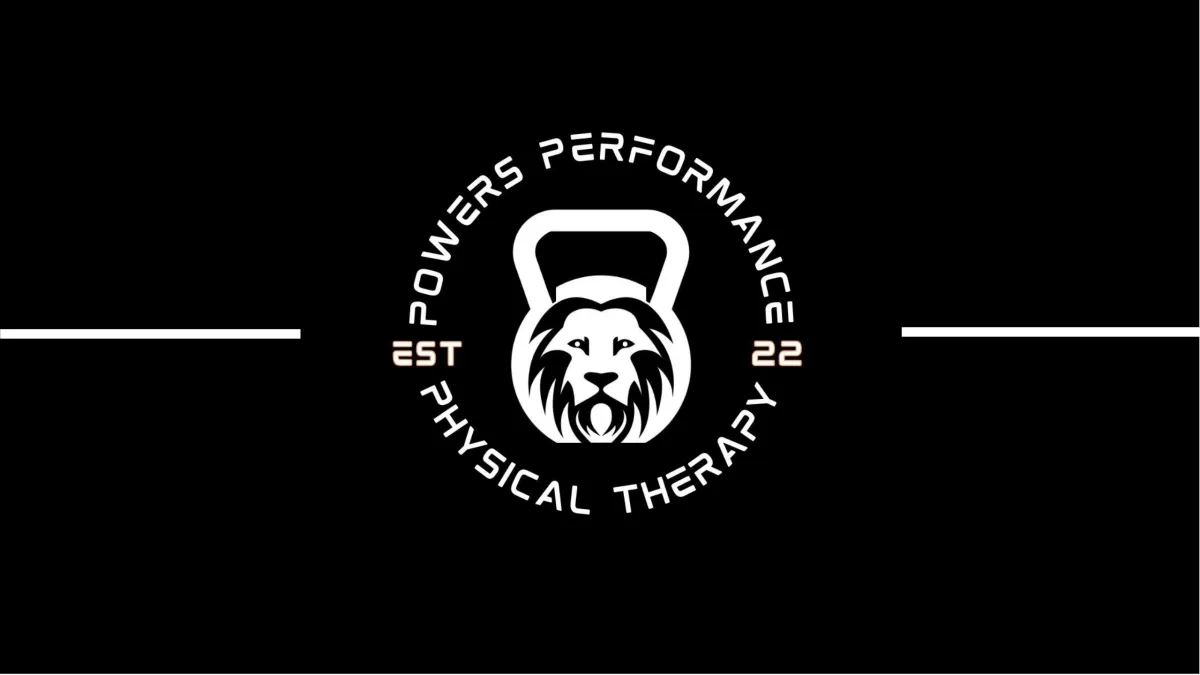
The Power of Hydration and Electrolytes for Peak Athletic Performance
The Power of Hydration and Electrolytes for Peak Athletic Performance
When it comes to athletic performance, most people think about training, nutrition, and recovery strategies. However, one key aspect that often gets overlooked is hydration—and not just drinking water, but maintaining the right balance of water and electrolytes. For athletes, hydration is essential to staying strong, preventing injury, and recovering effectively.
In this post, we’ll dive deep into why hydration and electrolytes are so important, how dehydration affects your performance, and how you can build a personalized hydration strategy that keeps you performing at your best.
Why Hydration is More Than Just Drinking Water
Water is crucial for regulating body temperature, lubricating joints, and transporting nutrients to muscles. When you’re properly hydrated, your muscles function efficiently, and you maintain a steady flow of energy. But for athletes, staying hydrated is about more than just drinking water.
When you sweat during exercise, you lose not only water but also vital minerals called electrolytes. Electrolytes—like sodium, potassium, magnesium, and calcium—are essential for muscle function, nerve signaling, and keeping your body’s fluid balance in check. Without replenishing these, you can suffer from muscle cramps, fatigue, and slower recovery.
The Key Electrolytes Athletes Need
So, what are the most important electrolytes and why do they matter for athletes?
• Sodium: Helps maintain fluid balance and prevents dehydration. Athletes lose sodium through sweat, especially during long-duration or high-intensity activities.
• Potassium: Critical for proper muscle contractions and reducing the risk of muscle cramps. Potassium works alongside sodium to keep your muscles firing correctly.
• Magnesium: This electrolyte helps with muscle relaxation and recovery. It also plays a role in preventing muscle cramps and improving endurance.
• Calcium: Known for supporting bone health, calcium is also essential for muscle function and maintaining strong muscle contractions.
Each of these electrolytes plays a unique role in ensuring that your body performs optimally during physical activity. If you’re low on any of them, especially after an intense workout, your performance and recovery can suffer.
Building Your Hydration and Electrolyte Strategy
Hydration isn’t a one-size-fits-all approach, especially for athletes. The amount of water and electrolytes you need depends on your sport, intensity, environment, and individual sweat rate. Here are some practical tips to help you optimize your hydration strategy:
1. Pre-hydration: Don’t wait until you’re thirsty to start drinking water. Aim to hydrate in the hours leading up to your workout. For more intense training sessions, consider adding electrolytes to your water before you start.
2. During exercise: If your session is under an hour, water may be sufficient. But for longer workouts, especially in hot or humid conditions, you’ll want to replenish lost electrolytes with a sports drink or electrolyte supplements. This helps prevent dehydration, maintain performance, and stave off muscle cramps.
3. Post-exercise: Recovery doesn’t end when the workout does! Rehydrate after your session by drinking fluids and replenishing electrolytes. This will support faster recovery and help prepare your body for the next training session.
The Impact of Dehydration on Performance
Even slight dehydration can negatively affect your athletic performance. Studies show that losing just 1-2% of body weight in sweat can impair endurance, reduce strength, and slow down reaction times. Dehydration forces your body to work harder to regulate temperature and can reduce blood flow to muscles, which increases the risk of injury and slows recovery.
Chronic dehydration can lead to long-term issues such as muscle strains, overuse injuries, and persistent fatigue—all things athletes want to avoid.
Personalized Hydration for Peak Performance
At Powers Performance Physical Therapy, we believe in highly individualized care. That means working closely with each athlete to assess their hydration needs based on their unique physiology, training load, and sweat rate. As a cash-based practice, we have the flexibility to focus on performance optimization, not just injury recovery. We educate our athletes on how hydration and electrolyte balance can prevent common issues like muscle cramps, overuse injuries, and fatigue.
By integrating hydration strategies into our overall care plans, we help athletes achieve peak performance and reduce the risk of injury. Whether you’re training for a marathon, playing in a competitive sport, or just trying to stay active, personalized hydration can make all the difference.
Key Takeaways
If you’re an athlete looking to improve your performance, here are a few simple but important tips to keep in mind:
• Start early: Don’t wait until you’re thirsty to hydrate. Pre-hydration is key.
• Monitor your urine: Light yellow is ideal. Darker color means you need more fluids.
• Electrolyte balance: Customize your intake of sodium, potassium, and magnesium based on how much you sweat and your activity level.
• Be consistent: Hydration is an all-day effort. Make it part of your routine so you’re always ready to perform.
Conclusion:
Hydration and electrolyte balance are essential components of any athlete’s performance toolkit. Don’t wait until dehydration affects your performance or causes injury—start building a hydration strategy today that fits your unique needs. At Powers Performance Physical Therapy, we’re here to help you every step of the way.
For more tips on optimizing your performance, injury prevention, and recovery, follow us or reach out for a personalized consultation. Stay hydrated and keep pushing your limits!

